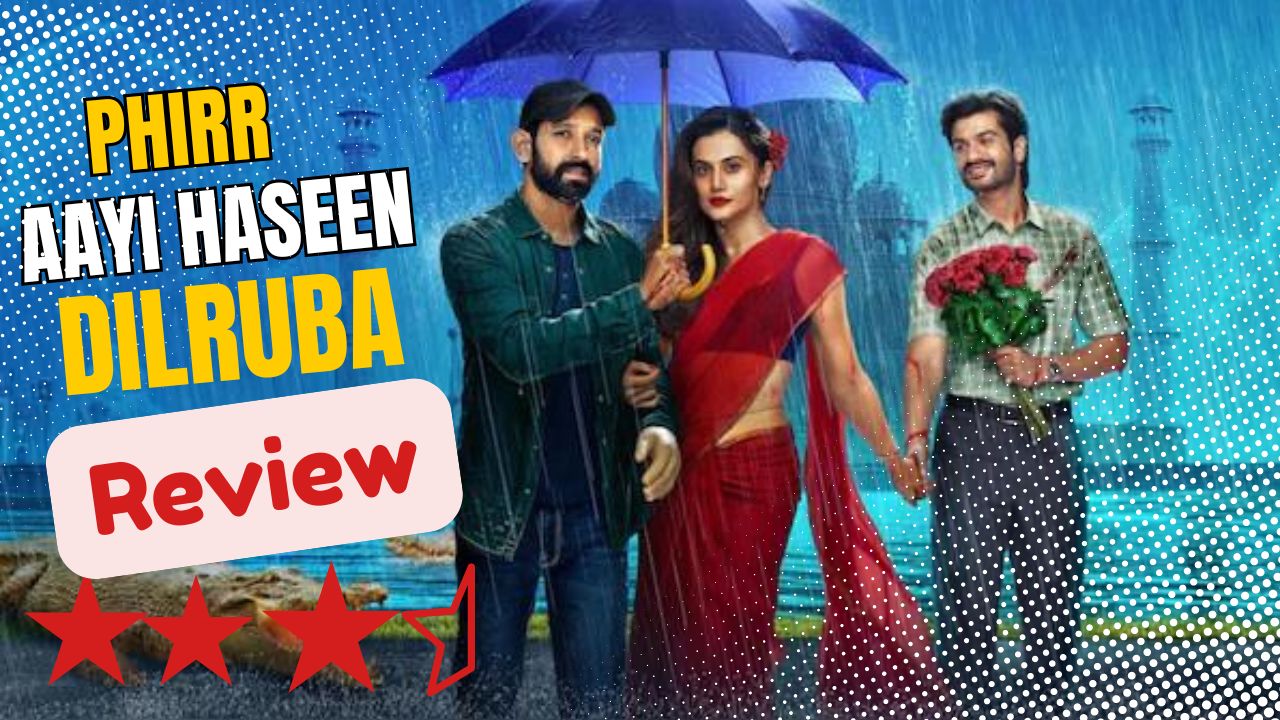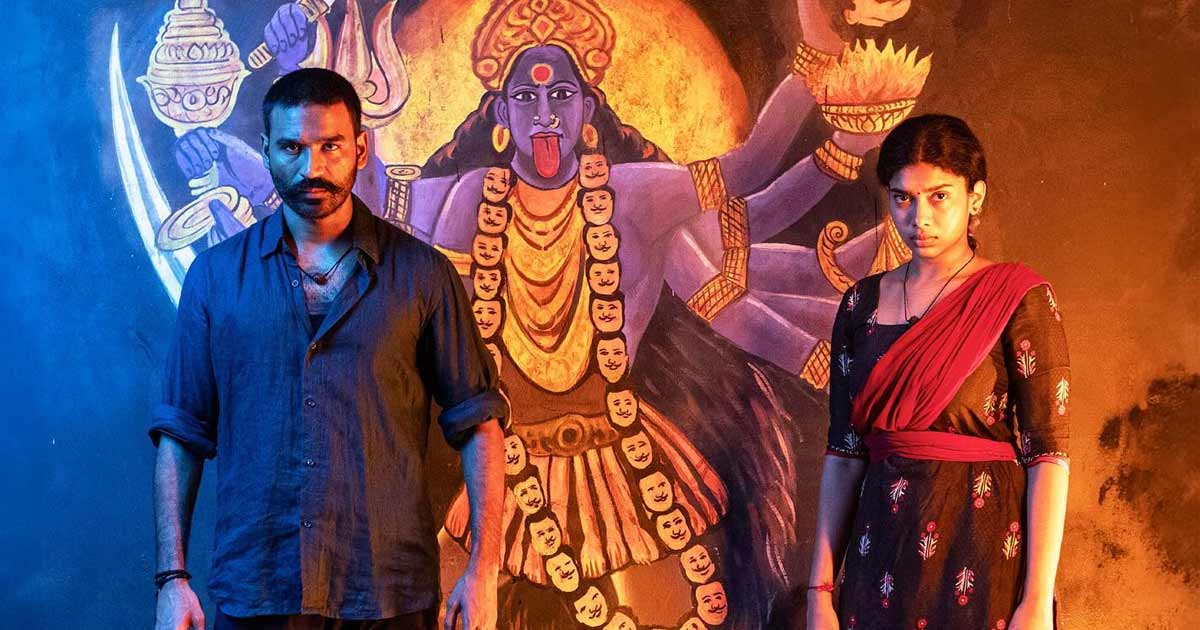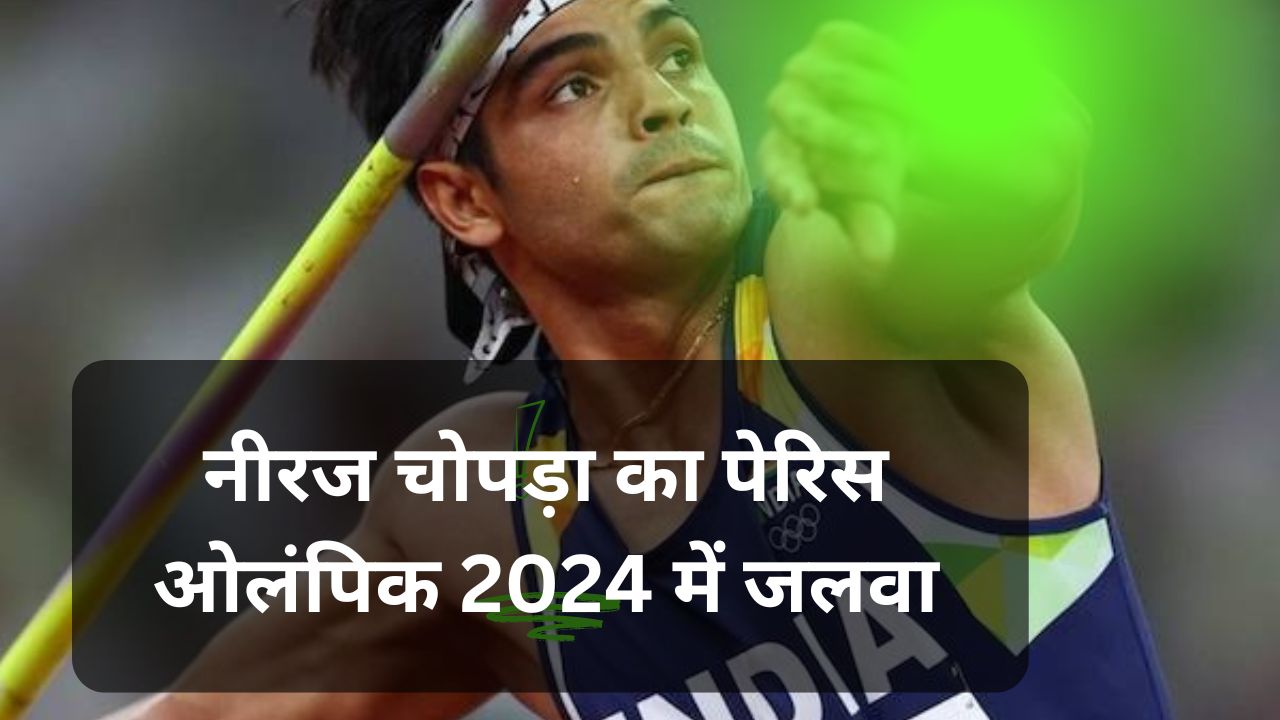Artificial intelligence (AI) has always ignited the imagination of storytellers, opening doors to new, imaginative realms. The realm of cinema, as a powerful storytelling medium, allows us to peer into the future of AI and its potential impact on our lives.
In the past, films like “2001: A Space Odyssey” and “The Terminator” portrayed AI and robots as entities that develop self-awareness, leading to a desire to overthrow or harm their human creators. The infamous HAL 9000 in “2001: A Space Odyssey” and the cyborg assassins in “The Terminator” tapped into society’s fears of losing control in the face of unchecked technological advancements.
However, as the narrative arc of the 2010s unfolded, we witnessed a shift towards exploring the emotional and moral dimensions of AI. “Her” depicted a protagonist falling in love with an AI operating system named Samantha, showing AI as capable of forming emotional bonds and providing companionship. “Ex Machina” delved into a complex narrative where AI expressed emotions and desires, blurring the lines between machine and human, prompting profound questions about ethics, empathy, and the rights of sentient beings.
AI holds the promise of revolutionizing the very essence of filmmaking, fusing creativity with algorithmic precision to craft narratives that resonate universally.
Some films employ AI to reflect and critique human behavior and societal norms. In “WALL-E,” a diligent robot protagonist stands in stark contrast to the lethargic humans dependent on technology for their every need. Here, AI assumes the role of a hero, embodying diligence and kindness, while humans reflect greed and apathy. These films raise significant questions about environmentalism, consumerism, and our evolving relationship with technology.
Others, such as “Chappie” and “Big Hero 6,” explore the co-evolution of humans and AI. Chappie, an autonomous robot, learns and evolves, mirroring human curiosity and fear. In “Big Hero 6,” Baymax, a healthcare companion robot, underscores AI’s potential to provide care and enhance human life without posing a threat. These films shed light on the possibilities and benefits of a future shared with intelligent machines.
AI’s Representation in “The Creator”
The most recent addition to the AI film genre, “The Creator,” released in SA on October 6, 2023, stands out as a modern exploration of the profound connection between humanity and artificial intelligence. Directed by Gareth Edwards and featuring acclaimed actors John David Washington and Gemma Chan, “The Creator” is a cinematic masterpiece.
Set in a future where humans are in a relentless war with AI-powered robots, the film follows Joshua, a former soldier on a mission to destroy the enigmatic Creator, the genius behind a smart AI that could potentially end the war, possibly at the cost of human lives.
“The Creator” intricately delves into the philosophical and ethical aspects of AI, transcending the conventional narrative of good versus evil. It probes the realm of AI consciousness and humanity’s moral and existential quandaries regarding the creation of beings with equal or greater intelligence. The film encourages viewers to contemplate contemporary AI discussions, weighing the promises and perils of AI.
Beyond its cinematic brilliance, “The Creator” becomes a catalyst for critical dialogues about AI’s integration into society. With a captivating narrative, it transforms theoretical debates on the ethical, existential, and societal impacts of AI into a tangible experience. It initiates essential conversations about the essence of AI, its potential societal effects, and the ethical responsibilities entailed in its development and utilization.
“The Creator” is not just a movie; it is a thought-provoking conversation starter, a social commentary, and a philosophical journey packaged within a visual spectacle. It plays a pivotal role in the ongoing narrative of AI in cinema, compelling audiences to contemplate the future of the intricate relationship between humanity and AI.
The Future of Filmmaking
AI holds the promise of revolutionizing the very fabric of filmmaking, merging creativity with algorithmic precision to craft narratives that resonate universally. This evolution not only enriches storytelling but also highlights the potential partnership between AI and human creativity, opening up a world of possibilities beyond the conventional narratives of fear and distrust.
Scriptwriting, traditionally a bastion of human creativity, is witnessing the advent of AI tools capable of analyzing patterns in successful scripts and suggesting improvements. On the set, AI-driven robots and drones enable precise camera angles while ensuring safety and reducing manual labor. AI is progressively entering the realm of visual effects, empowering filmmakers to weave more immersive visual tapestries at reduced costs and time.
In post-production, AI accelerates editing processes, sifting through hours of footage to select optimal shots and fine-tuning soundscapes to enhance emotional depth. It aids in crafting tailor-made promotional content, ensuring that movies efficiently reach their target audiences.
Amid the digital advancements, a critical discourse emerges, focusing on striking a balance between technological intervention and preserving the authentic human touch in storytelling.
As AI reshapes the future cinematic landscape, the challenge lies in harnessing its potential while safeguarding the intrinsic emotional core of stories, preserving the timeless enchantment of cinema.




